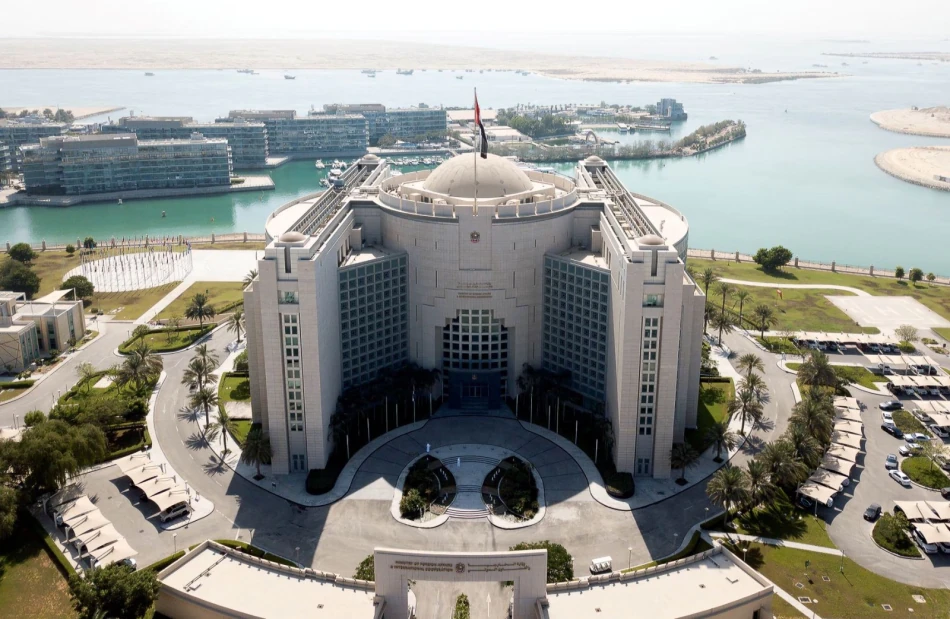
UAE Condemns Israeli Plan to Seize Control of the Ibrahimi Mosque
UAE Condemns Israeli Plan to Transfer Control of Hebron's Sacred Ibrahim Mosque
The United Arab Emirates has issued a sharp condemnation of Israel's plan to transfer administrative control of the Ibrahim Mosque in Hebron from Palestinian religious authorities to a Jewish religious council in the nearby settlement of Kiryat Arba. The move represents a significant escalation in the ongoing dispute over sacred sites in the occupied West Bank and threatens to undermine regional stability at a time when diplomatic efforts are focused on de-escalation.
A Dangerous Precedent for Sacred Sites
The UAE's Foreign Ministry described the Israeli plan as a "serious violation of the existing historical and legal status" of the Ibrahim Mosque, known to Jews as the Cave of the Patriarchs. The site, revered by both Muslims and Jews as the burial place of Abraham, has been a flashpoint for decades, with strict arrangements governing access and worship for both communities.
The proposed transfer would shift control from the Palestinian Ministry of Religious Affairs and Hebron Municipality to the Jewish Religious Council of Kiryat Arba settlement, fundamentally altering the delicate balance that has governed the site since the 1994 Hebron massacre that killed 29 Palestinian worshippers.
Regional Implications for Middle East Stability
The UAE's strong response reflects broader concerns about unilateral actions that could destabilize the region. As a country that normalized relations with Israel through the Abraham Accords in 2020, the UAE's criticism carries particular weight, signaling that even Israel's new Arab partners have limits to their tolerance for controversial policies.
The Emirates called on the international community to "assume its responsibilities in protecting sacred sites" and ensure their religious and historical status remains intact. This appeal comes as international mediators are working to prevent further escalation in the Israeli-Palestinian conflict.
Testing the Abraham Accords Framework
The controversy over the Ibrahim Mosque presents a test case for the Abraham Accords, which were designed to create a new framework for Arab-Israeli cooperation. The UAE's willingness to publicly condemn Israeli actions demonstrates that normalization agreements do not provide carte blanche for controversial policies in the occupied territories.
For investors and regional observers, this incident highlights the ongoing tensions that could affect Middle East stability and economic cooperation. The UAE's balanced approach—maintaining diplomatic relations while opposing specific policies—may become a model for other Abraham Accords signatories facing similar dilemmas.
International Law and Two-State Solution
The UAE's statement emphasized the importance of supporting regional and international efforts to advance the Middle East peace process and achieve a two-state solution. By framing the mosque controversy within this broader context, the Emirates is positioning itself as a responsible regional power committed to international law and diplomatic solutions.
The timing of this dispute is particularly sensitive, as it coincides with broader tensions over settlement expansion and access to religious sites in Jerusalem and the West Bank. The UAE's intervention suggests that Arab states that have normalized relations with Israel will continue to speak out against actions they view as undermining prospects for peace.
This incident may serve as a bellwether for future diplomatic crises, testing whether the new regional architecture created by the Abraham Accords can withstand fundamental disagreements over the Palestinian question.
Most Viewed News

 Sara Khaled
Sara Khaled






